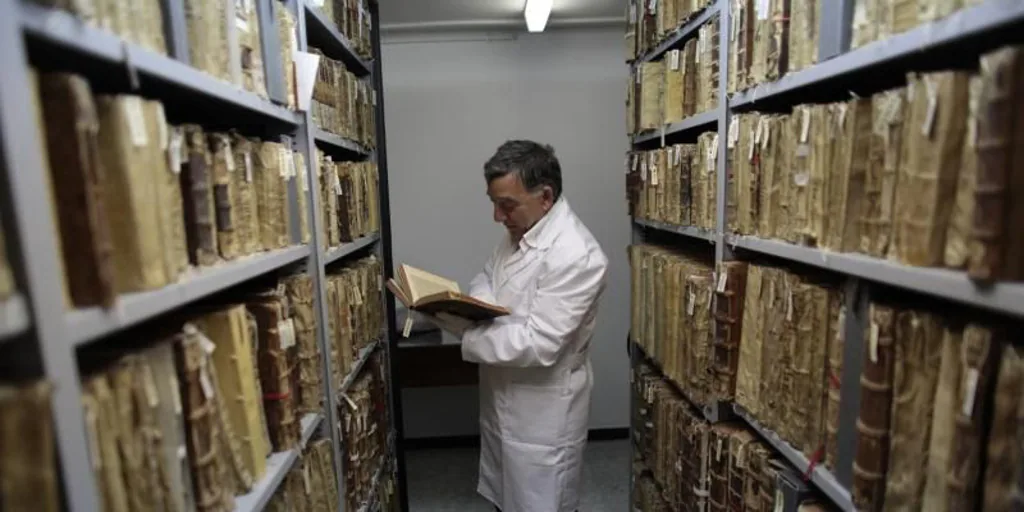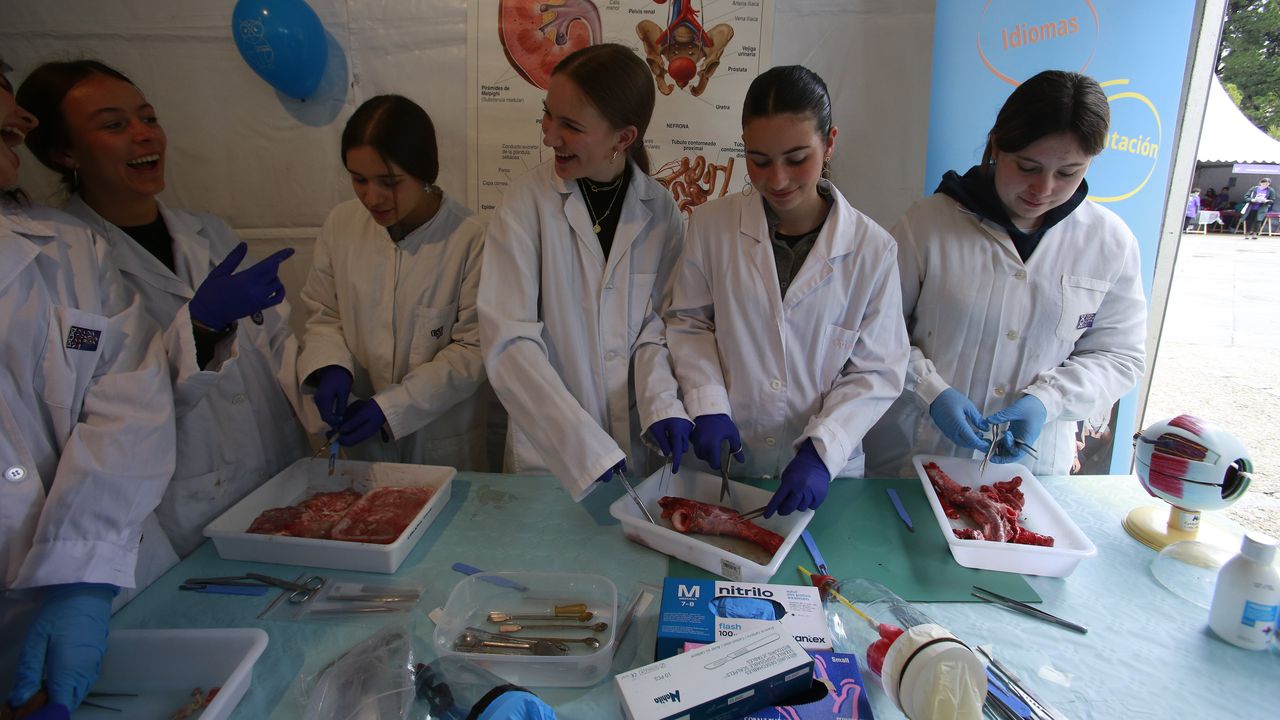More than a quarter of scientific articles published today are not properly archived or preserved, which in practice means that they are not recoverable or accessible, but on the contrary, they are “lost” on the Internet. This is what Martin Ive, a researcher in literature, technology and publishing at the University of London, discovered after tracking more than seven million references to scientific articles. The results show that online archiving systems for scholars' work have not been able to keep up with the frenetic pace of growth in the production of new research.
In a study published just a few weeks ago in…Journal of Library Science and Scholarly Communication“, Eve identified more than two million references that had no trace in major digital archives, despite an active DOI. A digital object identifier (DOI) is a string of numbers, letters, and symbols that is used to uniquely identify an article or document and provide it with a web address. Permanent (URL), a kind of “fingerprint” that is used to identify specific publications, such as academic articles or white papers. Crossref is the largest DOI registry agency and assigns identifiers to about 20,000 members, including publishers, museums and other institutions. Eve also participates In this organization in research and development of digital infrastructure.
“The epistemology of science and research is based entirely on a series of footnotes,” Eve explains.nature'. And if you can't verify what someone else said at another time (by referring to their article), you are simply relying on blind faith to discover artifacts that you can no longer read yourself.
Tracking on the Internet
In her work, Eve verified whether or not 7,438,037 works properly with a DOI that can be found in digital archives. The study's DOI sample consisted of a random selection of up to 1,000 articles registered by each member organization. It turns out that up to 28% of these works, more than two million articles, did not appear in a major digital archive, despite the presence of an active DOI. Only 58% of DOIs referenced works that were stored in at least one file. The other 14% were excluded from the study because they were very recent publications, were not journal articles, or had no identified source.
However, Eve points out that the study has some limitations, cautioning that only articles containing DOIs were searched, and that not all existing digital repositories, such as institutional repositories, were searched for articles. Despite this, this analysis has been welcomed by conservationists.
“Many blindly assume that if you have a DOI, your work will be there forever,” says Mikael Laakso, who studies academic publishing at the Hanken School of Economics in Helsinki. But that doesn't mean the link will always work.” In fact, in 2021, Laakso and his colleagues reported just that More than 170 magazines Open access disappeared from the Internet between 2000 and 2019.
In her study, Eve suggests some measures that could improve the situation, such as imposing stricter requirements on DOI registration agencies or increasing the awareness of editors and researchers about this issue.
“Everyone thinks about the immediate benefits of publishing a paper somewhere,” Eve says, “but we have to really think about the long-term sustainability of the research ecosystem. When you die 100 years ago, will people have access to things that Did you work on it?


/cloudfront-us-east-1.images.arcpublishing.com/eluniverso/ZHT3NFYA2BFMFDHOGERE3EWDBY.jpg)


